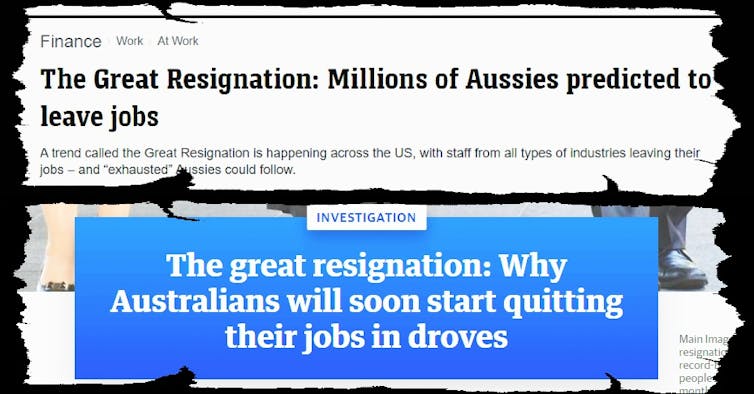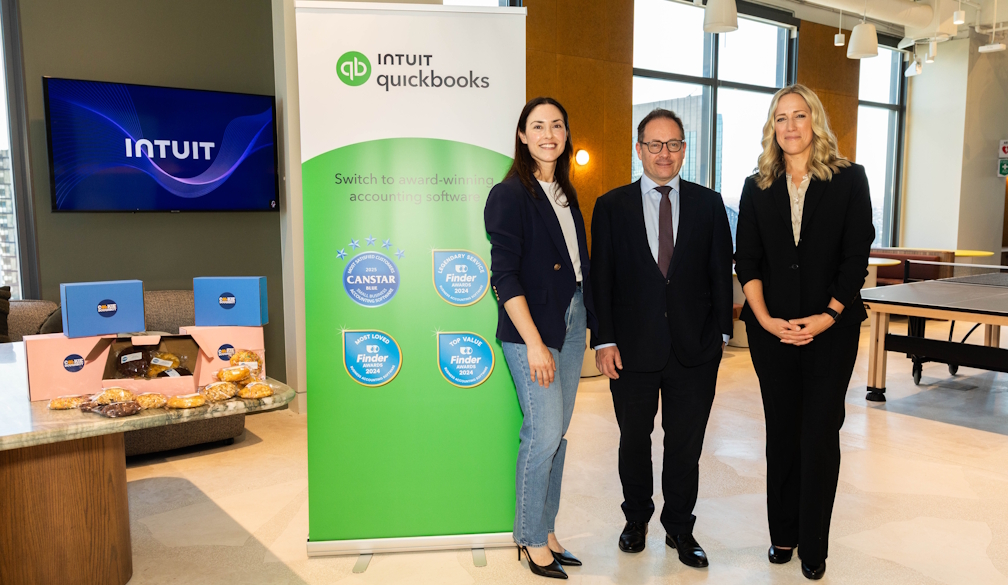Australia's 'great resignation' is a myth — we are changing jobs less than ever before
- Written by Mark Wooden, Professorial Fellow, The University of Melbourne

In the wake of a jump in the proportion of workers quitting jobs in the United States – dubbed the “Great Resignation” – Australia’s media has been warning of a surge in resignations here.
“Here comes the Great Resignation[1],” reads one headline; “Millions of Aussies predicted to leave jobs[2]” reads another.














